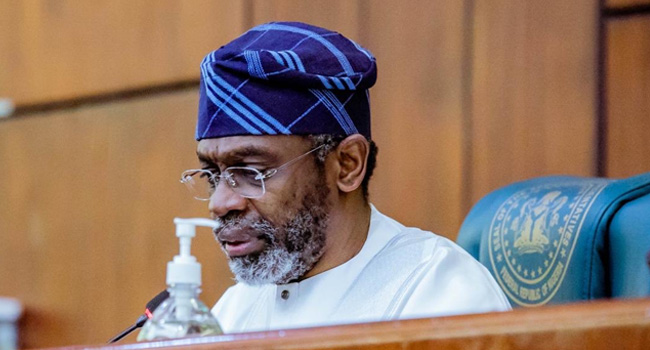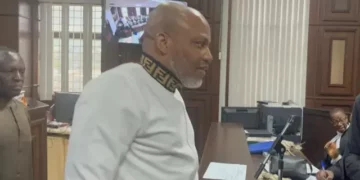The House of Representatives has questioned an alleged irregular disbursement of the IMPACT Project funds as well as underperformance and down-rating of the National Malaria Elimination Programme (NMEP) by the office of the Inspector General of the Global Fund.
The House also queried the procurement and distribution of unapproved mosquito nets across the country.
This is just as the House observed that despite efforts to contain malaria, Nigeria loses over $1.1 billion (N645.7 billion) yearly to prevention and treatment of the disease as well as other costs.
To this end, it mandated its committees on HIV/AIDS, Tuberculosis and Malaria Control, Healthcare Services and Health Institutions to investigate the irregularities and report back within six weeks for further legislative action.
The lawmakers specifically directed that the leadership of the National Malaria Programme should be invited to explain why defective mosquito nets are still being procured, imported and distrusted in Nigeria against World Health Organisation Standards and Local Content directives from the House.
Consequently, the House urged the Federal Ministry of Health, the National Malaria Program, and other relevant Ministries, Departments and Agencies to comply with the resolution to prioritize local content when procuring Malaria Commodities using funds from the IMPACT Projects facility.
These resolutions followed the adoption of a motion calling for Intervention in Nigeria’s Losses in the Fight against Malaria, moved by Hon. Benjamin Okezie Kalu, Hon. Yusuf Tanko Sununu and Hon. Abubakar Dahiru on Wednesday during plenary.
Kalu while presenting the motion noted that Nigeria accounts for 27 percent of malaria cases and 31 per cent of malaria deaths worldwide, with malaria killing no fewer than 200,000 Nigerians and afflicting 61 million others in 2021 alone.
He said despite efforts to contain malaria, Nigeria loses over $1 billion (N645.7 billion) yearly in the prevention and treatment of the disease as well as other costs.
“Nigeria has over the years made notable progress in scaling up and impact of malaria interventions as regards the utilization of mosquito nets for children less than five years has increased significantly from 6% to 49% and parasite prevalence reduced from 42% in 2010 to 23% in 2018.”
“The National Malaria Elimination Programme (NMEP) is the body responsible for formulating and facilitating policy and guidelines, coordinating the activities of partners and stakeholders on malaria control activities, providing technical support to states malaria programs, local government areas and stakeholders, mobilising resources, monitoring and evaluating progress and outcomes in malaria elimination efforts across the country.
“A recent report from the Office of the Inspector General of the Global Fund, indicating that NMEP has fallen from a B1 to B2 rating within 6 months, which undermines Nigeria’s shot at accessing future grants and partnerships in the fight to eliminate Malaria.
“Considering that Nigeria is one of the biggest beneficiaries of the Global Fund grant with a value of $412 million, the country is at risk of losing the grant and other partnership opportunities as a result of poor absorption, poor performance and lack of domestic resource mobilization,” the lawmaker said.





